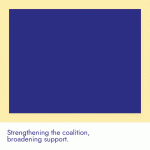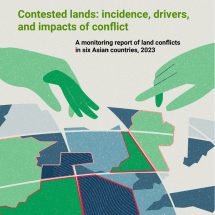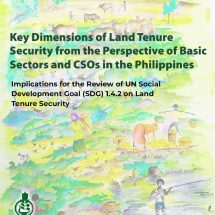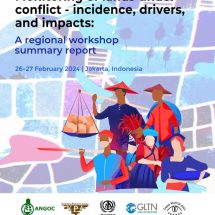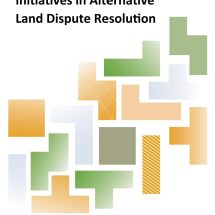 The people-to-land relationship is dynamic and changes over time in response to cultural, social and economic development. Land policies, institutions and land administration systems are key tools aimed at governing this relationship. Such tools will normally include the means for allocating and controlling rights, restrictions and responsibilities in land – often termed RRRs. Each of the rights, restrictions and responsibilities encompasses a human rights dimension that should be seen and unfolded as more than just political rhetoric. This article attempts to analyse the aspect of human rights in relation to land administration systems with a special focus on less developed countries struggling to build adequate systems for governing the rights, restrictions and responsibilities in land. In doing so, the article conceives planning as a key function and means of land administration systems by which human rights should be underpinned in solving concrete land issues.
The people-to-land relationship is dynamic and changes over time in response to cultural, social and economic development. Land policies, institutions and land administration systems are key tools aimed at governing this relationship. Such tools will normally include the means for allocating and controlling rights, restrictions and responsibilities in land – often termed RRRs. Each of the rights, restrictions and responsibilities encompasses a human rights dimension that should be seen and unfolded as more than just political rhetoric. This article attempts to analyse the aspect of human rights in relation to land administration systems with a special focus on less developed countries struggling to build adequate systems for governing the rights, restrictions and responsibilities in land. In doing so, the article conceives planning as a key function and means of land administration systems by which human rights should be underpinned in solving concrete land issues.
This paper is published in Planning Theory, an international ISI-indexed, peer-reviewed forum for exploring ideas concerned with a broad conception of spatial planning. Planning Theory provides an invaluable outlet for scholars who are interested in theoretical issues, whether they be debates around sustainability, or justice, or difference, or ethics, or power and knowledge.
This paper can also be found here.

